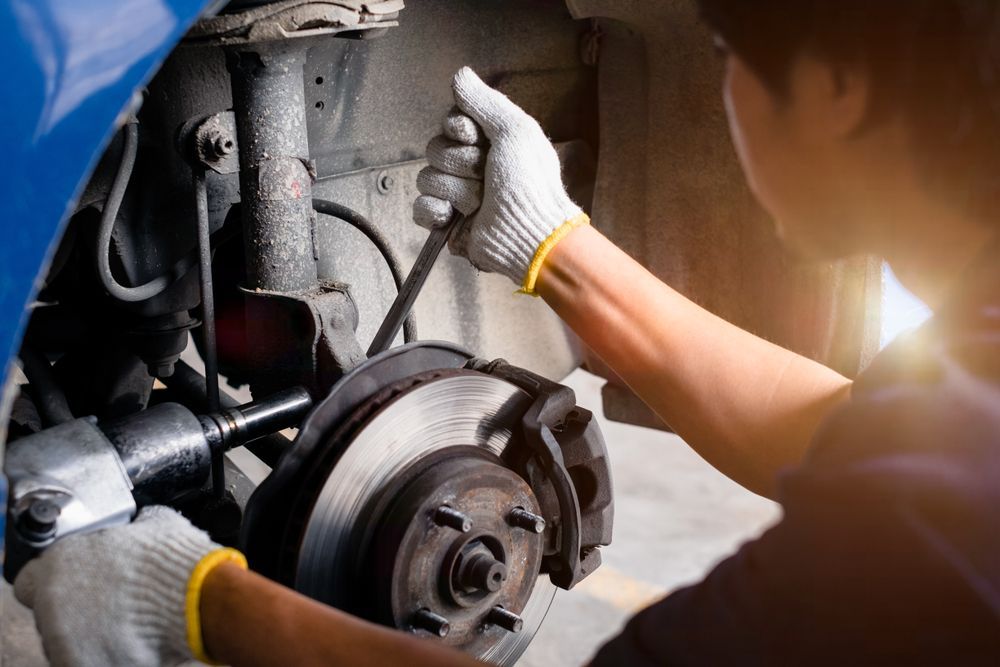Roadworthy Certificate in Childers
Childers Roadworthy Certificate
Selling, re-registering, or transferring a vehicle shouldn’t be stressful, but paperwork and inspections often slow things down. ORH Mechanical in Childers makes it easy with fast, no-fuss roadworthy and safety certificates.
Our certified inspectors assess everything required under Queensland law, from tyres and brakes to steering, lights, and windscreen condition. We know the ins and outs of what passes—and what doesn’t—so there are no surprises.
Whether it’s your daily driver or a commercial vehicle, we’ll carry out a thorough check and clearly explain any issues before proceeding. If repairs are needed, we can often take care of them on the spot.
For reliable roadworthy certificates with expert advice and a local touch, contact ORH Mechanical in Childers today on 0484 840 022.
Certified Safety You Can Trust
A roadworthy certificate isn’t just a piece of paper—it’s proof that your vehicle is safe to drive on public roads. The inspection focuses on key safety systems including tyres, braking, suspension, lights, seats, windscreens, steering components, and more. It ensures the vehicle meets minimum legal standards—not necessarily perfect condition, but safe and compliant.
It’s important to know that a roadworthy doesn’t cover every mechanical or cosmetic issue. For example, it won’t assess engine performance or minor rust unless those affect safety. If you’re buying or selling a car, getting a certificate gives both parties peace of mind.
For commercial and private owners alike, staying compliant also helps avoid fines or delays in registration. Always choose a licensed inspector who understands the regulations, especially one who’ll explain things in plain English and help you stay road-legal with confidence.






